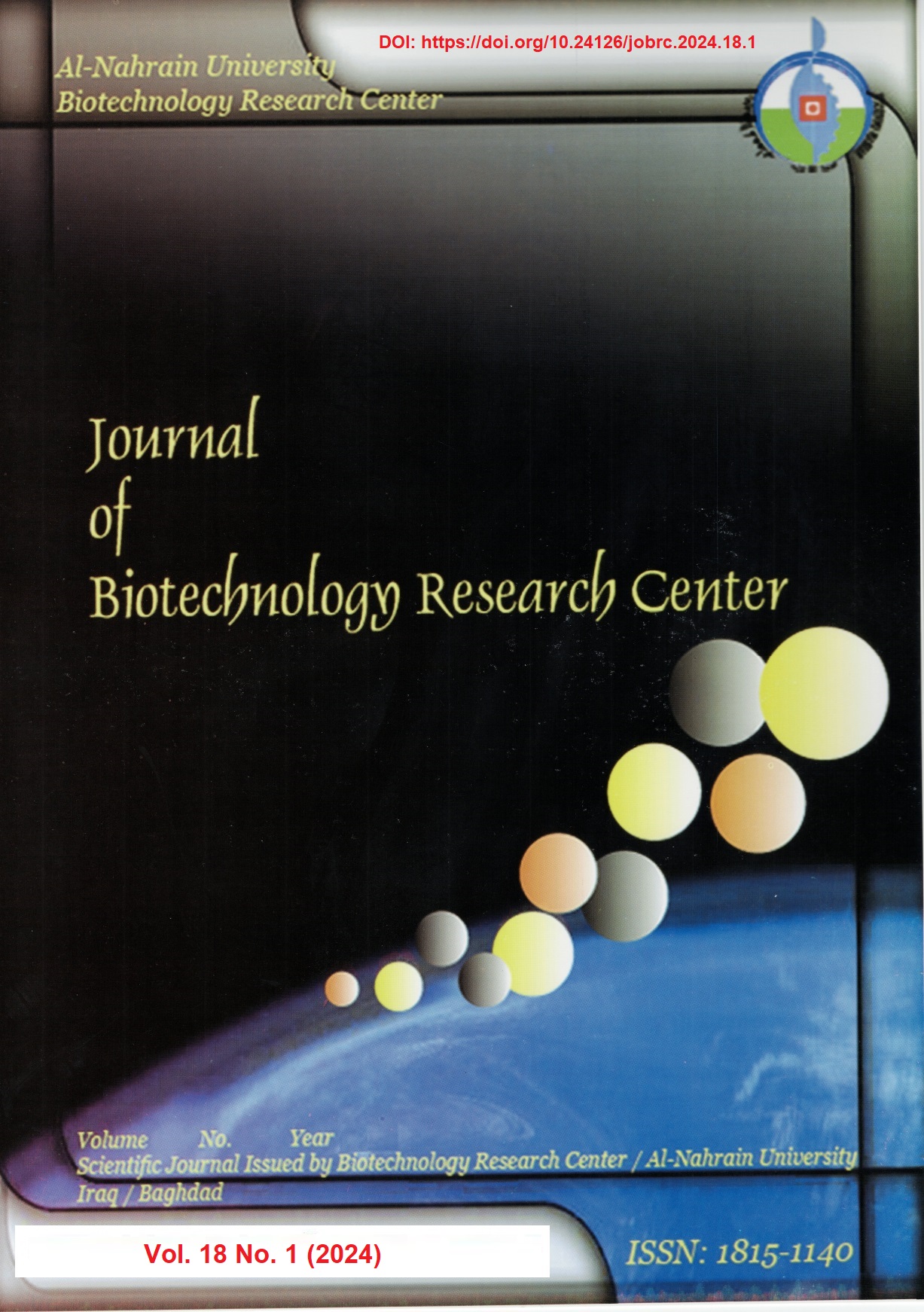Abstract
Background: Rheumatoid arthritis (RA) is a widespread, chronic, systemically inflammatory disease that, if improperly treated, can cause deformed joints and functional disability. For best disease management, greater chances of recovery, and the avoidance of irreversible clinical and radiographic damage, RA must be diagnosed and treated as soon as possible. Objectives: The purpose of this study was to evaluate body mass index utilizing DAS and levels of diagnostic tests in rheumatoid arthritis patients. Materials and methods: 120 patients with rheumatoid arthritis (60 newly diagnosed untreated patients and 60 others under treatment) were collected from Al-Yarmouk Hospital in Baghdad and 60 control individuals. Equation and diagnostic tests measured body mass index (BMI), then vitamin D3 with the COPAS 111 device. Results: The prevalence of the disease in females was 91%, while males were 9%. Diagnostic tests recorded clear significance (p < 0.05) differences between patients and healthy persons, and it increased with the severity of the disease. Additionally, patients' levels of vitamin D3 reduced significantly when compared to controls, and there was a significant disparity between patients’ and healthy participants' sugar levels, and the BMI correlated with disease activity.
Conclusions: The current study concluded that there is a relationship between weight gain and disease severity that diagnostic tests increased in patients and that vitamin D3 can be used as a diagnostic marker for rheumatoid arthritis.
Conclusions: The current study concluded that there is a relationship between weight gain and disease severity that diagnostic tests increased in patients and that vitamin D3 can be used as a diagnostic marker for rheumatoid arthritis.
Keywords
Body mass index (BMI)
Diagnostic marker.
Disease activity score DAS-28
Abstract
الخلفية: التهاب المفاصل الروماتويدي هو مرض التهابي جهازي واسع الانتشار ومزمن ويمكن أن يسبب تشوه المفاصل وإعاقة وظيفية إذا تم علاجه بشكل غير صحيح. من أجل إدارة المرض بشكل أفضل ، وفرص أكبر للشفاء ، وتجنب الأضرار السريرية والشعاعية التي لا رجعة فيها ، يجب تشخيص التهاب المفاصل الروماتويدي وعلاجه في أسرع وقت ممكن .الأهداف: الغرض من هذه الدراسة هو تقييم مؤشر كتلة الجسم باستخدام معايير ومستويات الاختبارات التشخيصية في مرضى التهاب المفاصل الروماتويدي. المواد وطرق العمل : تم جمع 120 مريضاً مصاباً بالتهاب المفاصل الروماتويدي (60 مريضاً تم تشخيصهم حديثاً ولم يتم علاجهم و 60 آخرين يخضعون للعلاج) من مستشفى اليرموك في بغداد و 60 شخصاً من مجموعة السيطرة، تم قياس مؤشر كتلة الجسم بالمعادلة ، ثم فيتامين د3 والاختبارات التشخيصية لتقييم المرض بجهاز متطور. النتائج: بلغت نسبة انتشار المرض بين الإناث 91٪ مقابل 9٪ بين الذكور. سجلت الاختبارات التشخيصية فروق معنوية واضحة بين المرضى والاصحاء وزادت مع شدة المرض بالاضافة الى ذلك انخفضت مستويات فيتامين د3 (p <0.05)لدى المرضى بشكل ملحوظ عند مقارنتها بالضوابط ، وكان هناك تفاوت كبير بين مستويات السكر لدى المرضى والمشاركين الأصحاء ، ومؤشر كتلة الجسم مرتبط بنشاط المرض.الاستنتاجات: خلصت الدراسة الحالية إلى أن هناك علاقة بين زيادة الوزن وشدة المرض ، وأن الاختبارات التشخيصية تزداد عند المرضى ، وأن فيتامين د3 يمكن استخدامه كمؤشر تشخيص لالتهاب المفاصل الروماتويدي.
Keywords
مؤشر كتلة الجسم ، درجة نشاط المرض ، مؤشر التشخيص الحيوي.
